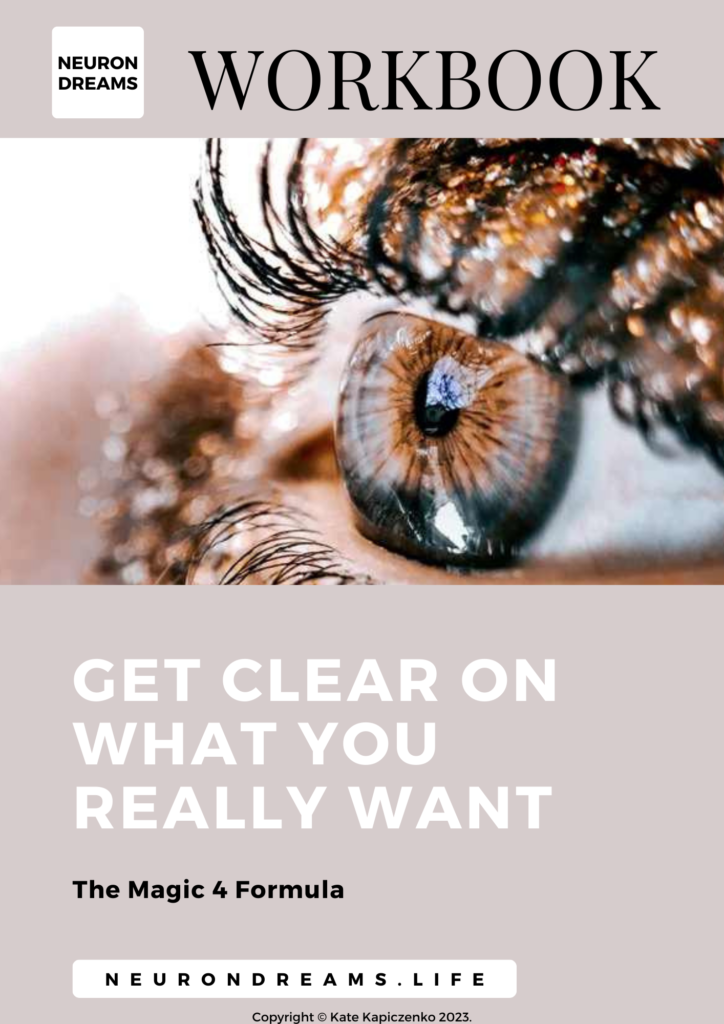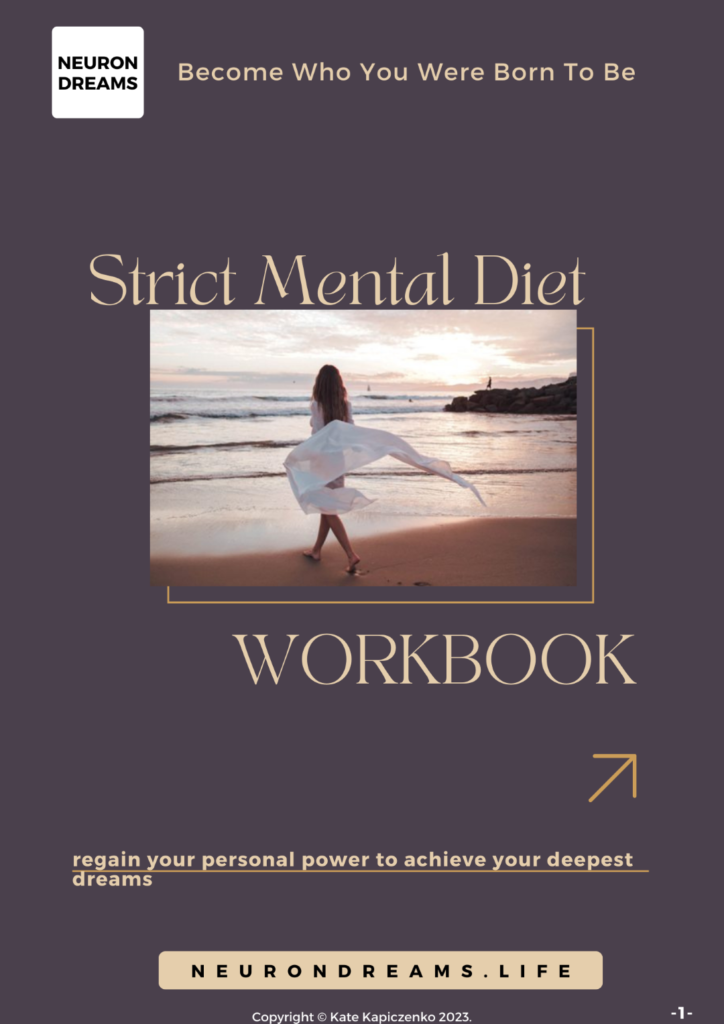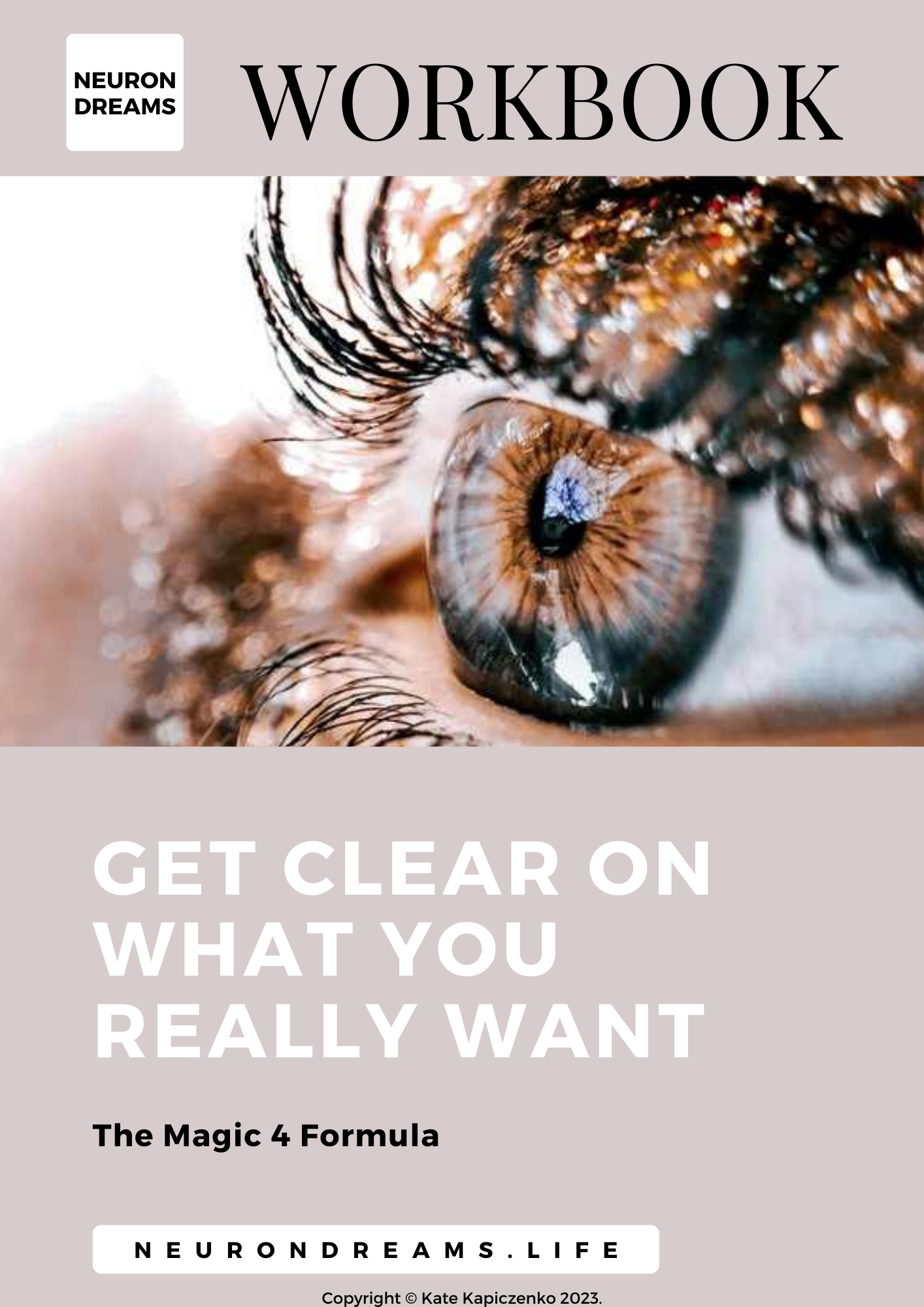“Courage is not the absence offear, but the capacity to act despite our fears.”
― John McCain
Disclaimer
Please always remember that there is no quick fix for any mental health issue. In order to overcome it, you have to address your problem and ask for help a mental health professional. There are many mental health institutions where you can find professional support. Suffering in secret is never a good idea. Mental health professionals are out there to help people with any type of mental health issue. Don’t minimize your problems, sometimes everyone needs help and there is nothing to be ashamed of. If you find it difficult to go to the mental health institution just call a helpline (you can easily find a number online and it’s free!)
Remember you are not alone even if you feel this way. Many people have mental health problems especially in today’s world where it becomes more and more difficult to cope with stress and anxiety.
What are the emotional triggers?

When a situation or person triggers a difficult emotion we talk about an emotional trigger. This particular emotion if not controlled can easily make us lose our cool or even push us over the edge. That’s why it is so important to learn to respond not to react to difficult situations. Especially because when we are under pressure and a huge amount of stress we are more likely to engage in risky behavior. And you know what the worst part about it is? The fact that every dangerous behavior has serious consequences for us. But if you know your emotional triggers you can easily avoid this risk.
Of course, everyone has individual emotional triggers. The fact that you have them does not mean that there is something wrong with you. It only means that you have to create a healthy coping strategy and learn to respond not to react to an emotionally triggering situation.
It’s important to avoid unhealthy ways to deal with them. It can be difficult especially if you are engaged in self-destructive or dysregulated behaviors that provide relief. BUT if it’s your case, please ask for help. (Google mental health practitioners in your area or call a helpline. Don’t feel ashamed. These people are out there to help you. And remember you are NOT and you DON’T have to deal with your problems all by yourself. There is always hope and there is always a good and healthy solution to every problem. Sometimes we all need some help or guidance. It’s normal and healthy. Besides, we are social creatures which mean that interacting with others is an important and inevitable part of our lives. It’s human nature :))
So as you can see, it’s all about identifying what are your emotional triggers and respond to them mindfully.
We all have our own unique story that made us who we are. We cannot get rid of our past BUT we can use it to our advantage. You can turn your painful memories into your strength or you can let them destroy you. The choice is yours. I’m not saying that it’s a piece of cake because well, it’s not. But if you want to succeed you need to sacrifice.
“Nothing in life that is ofvalue comes easy. If good things came easily then the value would bediminished. When we have a vested interest, when we give everything we have,then, and only then are those good times valuable.”
― George M. Gilbert, Team Of One: We Believe
As Abraham Lincoln once said:
“It’s not about how many times you fall, but how many times you get back up.”
Prevention is the best cure

It will come as no surprise that I totally agree with this heading. Besides, if you are familiar with my blog, you know that I prefer to avoid anxiety and panic attacks but unfortunately, they happen. And they happen to everybody not only to those who suffer from panic attack disorder. Moreover, they usually happen at the most inopportune moment when we least expect them. Why? Well, because life is unpredictable and we just cannot be prepared for every possible disaster. Correct me if I am wrong, but I think that it’s just not possible even if you try very hard. That’s why instead of sitting here and blame ourseves for them to happen we will focus on managing the aftermath of being emotionally triggered.
No, wait a minute, I almost forgot. In this particular case, by way of exception, I would ask you to do one thing that you adopt a certain mindset. The “prevention is just as important as a reaction” one. It will help us to overcome all the negative thoughts and embarrassment that come along with anxiety and panic attacks. Besides, in my personal opinion, this mentality is more compatible with the reality we live in. Of course, it would be much better not having emotional triggers at all. Or at least to be always prepared for them to come. True… in a perfect world, which is not what we have. So, without remorse let’s get to it.
Keep calm and Identify your emotional triggers
(Pre anxiety and panic attack action)
- Know your enemy and you will always win – Only if you identify your emotional triggers you will be able to work out a strategy to cope with them efficiently.
- Be honest with yourself – Begin your journey of self-discovery. Find and understand yourself.
- Stop
- Breathe
- Observe without judging
- Accept that you are anxious
- Write your observations down
- Come up with your coping strategy using healthy ways to handle emotionally triggering situations and people (described below !!)
Remember that emotional triggers tell us the truth about us. There is our story behind them. It may seem strange but I’ve noticed one thing, a very interesting one. I believe that emotional triggers happen to save us, to help us to work on raw and difficult emotions and brake free from problematic and painful experiences. Of course, “getting rid” of hurtful memories does not equate to “forget forever”. What I mean by this, is that our painful past won’t come back and haunt us at every possible opportunity. Sounds great, right?!
Most common causes of anxiety and panic attacks (just in case!)

Respond NOT react
How to handle emotionally triggering situations and people

1. Keep your Panic Attack Plan always with you (written on your cell phone or journal)
Remember that when you’re anxious your brain is playing tricks on you. That’s why in a very stressful situation is particularly important to stay mindful and focus on facts. And how you can do it? Well, by using your panic attack plan that you should keep always with you written in your journal or saved on your mobile phone. It will definitely help you to decrease anxiety and deal with a difficult situation.
2. Breathe
Use calm breathing exercises for a panic attack
Close our eyes or concentrate your eyesight on a single point and start breathing mindfully. Focus on your breath, don’t try to change it, accept it and notice how your heartbeat slows, your breath becomes deeper and you begin to feel better…
3. Focus on the facts
Facts NOT Thoughts
Feelings and thoughts are NOT facts. Unfortunately, it can be a very dangerous confusion especially if you have an anxiety or panic attack. Because when we are under a lot of stress emotions may not tell us the truth about the situation. And that can lead to problematic behavior and bad decisions. We tend to believe that we always make decisions based on facts but the truth is that sometimes our decisions based on impulses of the heart.
So if we want to we need to understand first what are the facts. The best way to do this is to write everything down.
4. Stay in contact
Don’t isolate yourself
Most of the people I know (me included) under large amounts of stress and fear tend to isolate hoping that some time alone will help them calm down but usually it’s quite opposite. Because solitude in a difficult moment can only increase anxiety, fear, worry, and tension. Not to mention about unrestrained negative self-talk which can easily lead to a little paranoid. So as you can see there is absolutely nothing good with isolating yourself from others when you’re having a hard time. Besides staying in contact with others helps us stay reasonable, realistic and less confused.
5. Use positive self-talk
Negative self-talk only increases anxiety and makes you feel even worse. When you feel triggered try to notice your self-talk. What are you telling yourself? Are you kind to yourself? What are the exact words your inner voice tells you? Write it down. Challenge yourself. Try to change negative self-talk with a positive affirmation. Talk yourself up! Don’t feel ashamed. Tell yourself good things about you. Trust me, there are plenty of good qualities you have. You just need to use them and talk yourself up!
6. Distract Yourself
Find the humor in the situation
It may seem to be the opposite of being mindful but actually, this is about redirecting your focus on a different thing. They will help calm you down. If it’s possible, remove yourself from the situation that triggers your anxiety. Always put your health and an unrestrained-being in the first place. I’m not kidding!
7. Use your senses to reassure yourself
When you feel that you’re having an anxiety or panic attack just stop right there. Breathe. Look around. Ask yourself. What do I see? Can I smell anything? What is really happening? What other people are doing and what am I feeling? Is this real or imaginary threat my body perceives? What can I do to make me feel a bit better? Use your mobile phone as a tool to reduce your anxiety. Listen to your favorite music, write down your thoughts and feelings, send a message to your friend, colleague or family member or do a guided meditation.
And remember: don’t force yourself to answer these questions just observe what is happening, be aware of your surroundings, be mindful. Use your senses to manage your emotional distress.
8. Use your Support System
Ask for help and talk to your friend, colleague or family member.
It may be hard to admit that you need some help but it’s actually a skill that characterizes all successful people. Being able to ask for help and support takes courage and strength. Besides talking to someone can be helpful for many different reasons. The first and the most obvious one is that opening up to someone you trust can give you relief. The other one is that sometimes if we say out loud what is driving us crazy in the physical presence of another person can help us understand our thoughts. Not to mention that people can give very good advice and help us to look at a certain situation differently. I don’t know about you but I can see only advantages in developing a support system composed of people you can trust and ask for guidance.
9. Keep Journaling
Journaling is one of the best strategies to deal with anxiety and panic attacks. Not only because it helps you to understand how exactly do you feel and what is by using happening but also because it’s a great tool for self-reflection and self-awareness. I keep journaling every single day and trust me, sometimes not until I see what I’ve written I begin to understand what is really happening.
10. Stay away from anxiety and panic attacks triggers (if it’s possible)
Yeah, I know. Seems kinda lame but it does make sense. Of course, I am not urging you to lock yourself in your room and stay there until you find an effective way to deal with all your emotional triggers. What I am saying is that, if you know that a certain situation or person will emotionally trigger you and you can avoid this risk just do it. Stop saying yes if you want to say no. Put your health and wellbeing first and you will find your peace.
Through strength, I found myself
Once the panic attack is over, congratulate yourself. You survived because you are a warrior!
Conclusion:

Stay positive
Be mindful
Manage anxiety and panic attacks like a BOSS!
Take care
x Kate














3 Responses
Trying.
Hope you’re going well.
Hi!! Thank you so much for your comment, I REALLY appreciate it! Being completely honest, I try to stay strong and positive. It’s not easy but I try to live by the rule: “Fall seven times, get up eight times”. And we will see how it goes. Take care! xx Kate
Sounds like Robert de Bruce and where our incy wincy spider nursery rhyme comes from.
A few of the crew I had in a commission house building used to use the nursery rhyme when talking of our perseverance